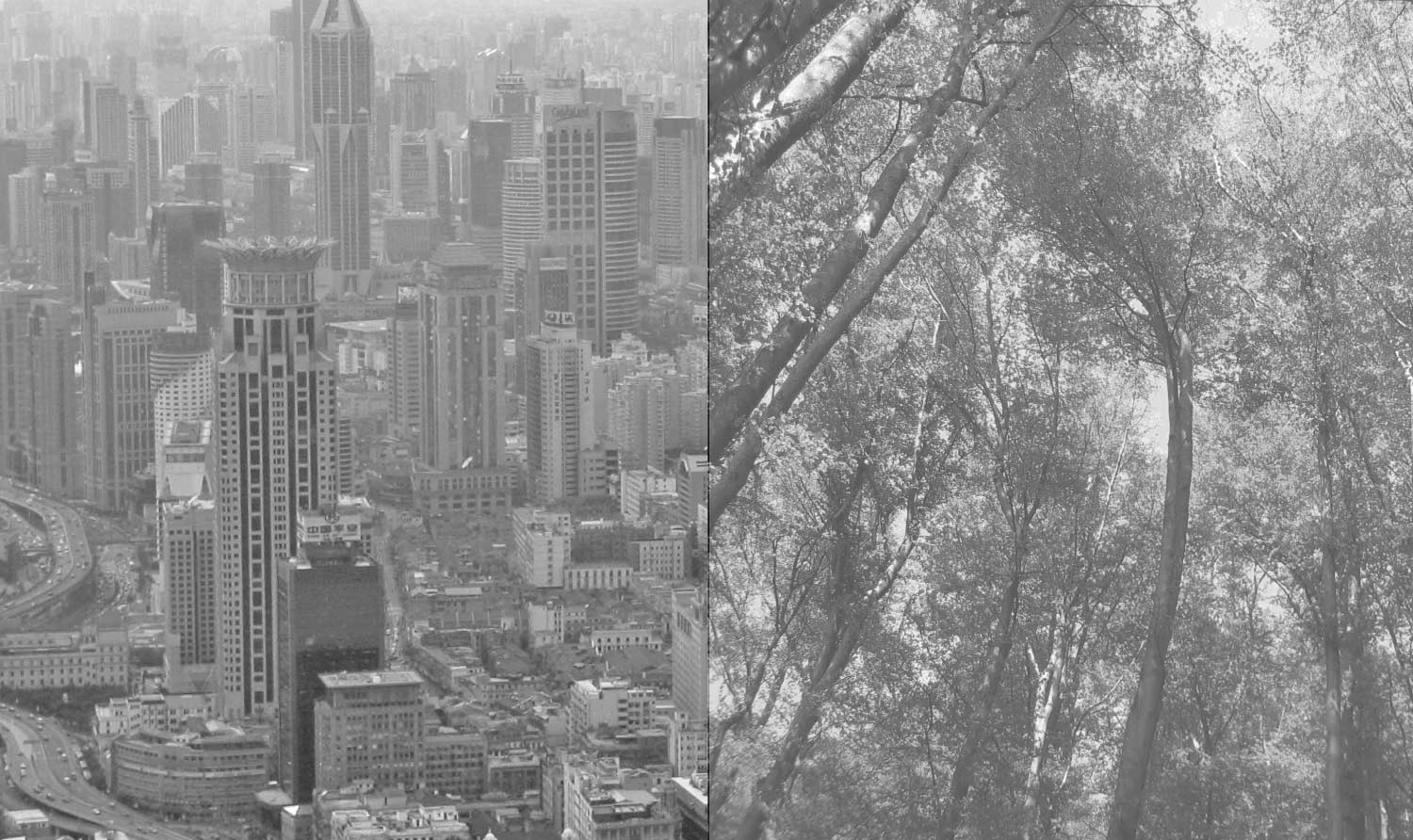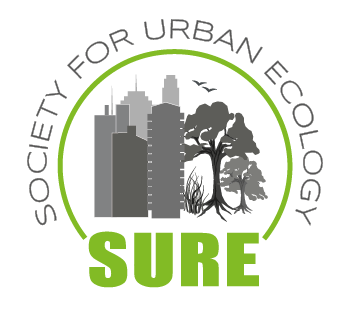During the 1st SURE Conference on Urban Ecology in Berlin (July 24-27, 2013) the 1st SURE Working Group ‚Ecocities‘ was founded by Prof. Dr. Jürgen Breuste, Salzburg, Austria, president of SURE.
We are already 14 interested SURE members from three continents. We are open for further interested persons who want to contribute to our subject.
Please contact the leaders of the working groups:
Rahimi Akbar (SURE Executive Committee Member)
Jürgen Breuste (SURE President)
Cristian Ioja (SURE Treasurer)
Cigdem Coskun Hepcan (SURE Executive Committee Member)
First we only want to initiate the discussion among us about the subject. The subjects and work forms will only depend on our members. We start the discussion with the general idea that the subjects ‘Ecocities’ is highly important, has worldwide raised interest and is often politically or technically limited used.
A scientific urban ecological approach has to be developed, based on clearly to define indicators, relevant for different cultural and ecological conditions on earth. We also have to care for a better implementation of ecological knowledge for ‘Ecocities’
I very much hope that many share these ideas with me and that you are interested to develop further ideas together with me.
Kind regards,
Jürgen Breuste



